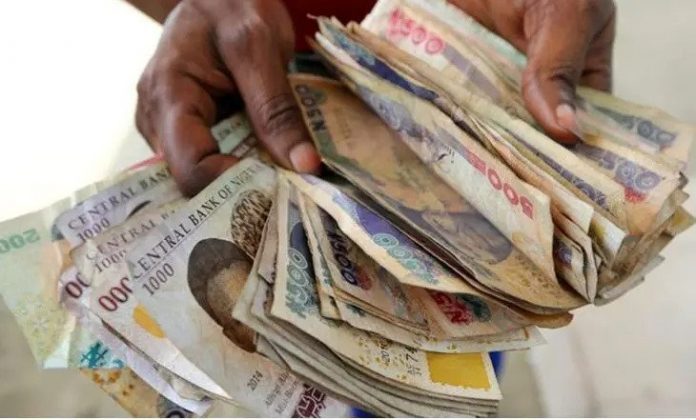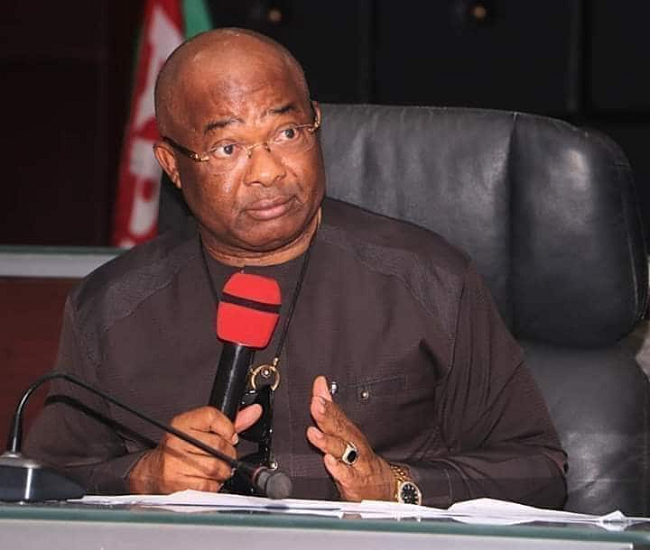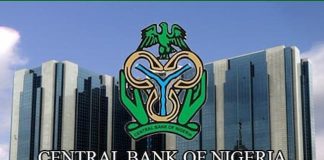The Nigerian naira faced a significant decline against the United States dollar on Monday, with the official exchange rate reaching N1,234, according to data from the FMDQ securities exchange. This marked a notable drop of N65 or 5.26% from the previous rate of N1,169.99/$1 recorded on Friday.
Earlier optimism among traders, who anticipated the naira’s potential to trade below N1,000/$1 for the first time, faded as the currency experienced a sudden downturn. The latest depreciation aligns with statements made by the Central Bank of Nigeria (CBN) Governor, Yemi Cardoso, who emphasized that the bank’s intention was not to defend the naira, particularly amidst concerns about dwindling external reserves.
Nigeria’s foreign exchange reserves have been on a downward trajectory, experiencing a month-long decline. Recent data from the CBN revealed that reserves dropped to a new low of $32.1 billion on April 18, 2024, marking a decrease of $2.35 billion within a month.
The forex market has been subject to various influences, including the recent clampdown on cryptocurrency exchanges like Binance, which some observers attribute to earlier fluctuations in the naira’s value. However, the emergence of new crypto exchange platforms like BYBIT and BITGET has also been implicated in the currency’s recent slip.
Analysts point to a broader trend of naira depreciation over the past six months, notably in the black market, following the disbursement of funds by the Federation Account Allocation Committee (FAAC) to government authorities at various levels.
In Monday’s trading, the intra-day high for the naira reached N1,295 per dollar, while the intra-day low dropped to N1,051/$. Daily turnover in the forex market dipped slightly to $110.17 million.
Meanwhile, at the parallel market, currency traders quoted the dollar at rates ranging between N1,250 and N1,270, compared to N1,154 recorded on the previous Friday. Bureau de Change operators cited market forces as the primary reason for the increase in the dollar rate, expressing uncertainty about future trends.
The recent setback comes after a period of naira strength, during which it emerged as one of the best-performing currencies globally. However, the current volatility underscores the challenges facing Nigeria’s currency market and the importance of proactive measures to stabilize the naira amidst external and internal pressures.
















